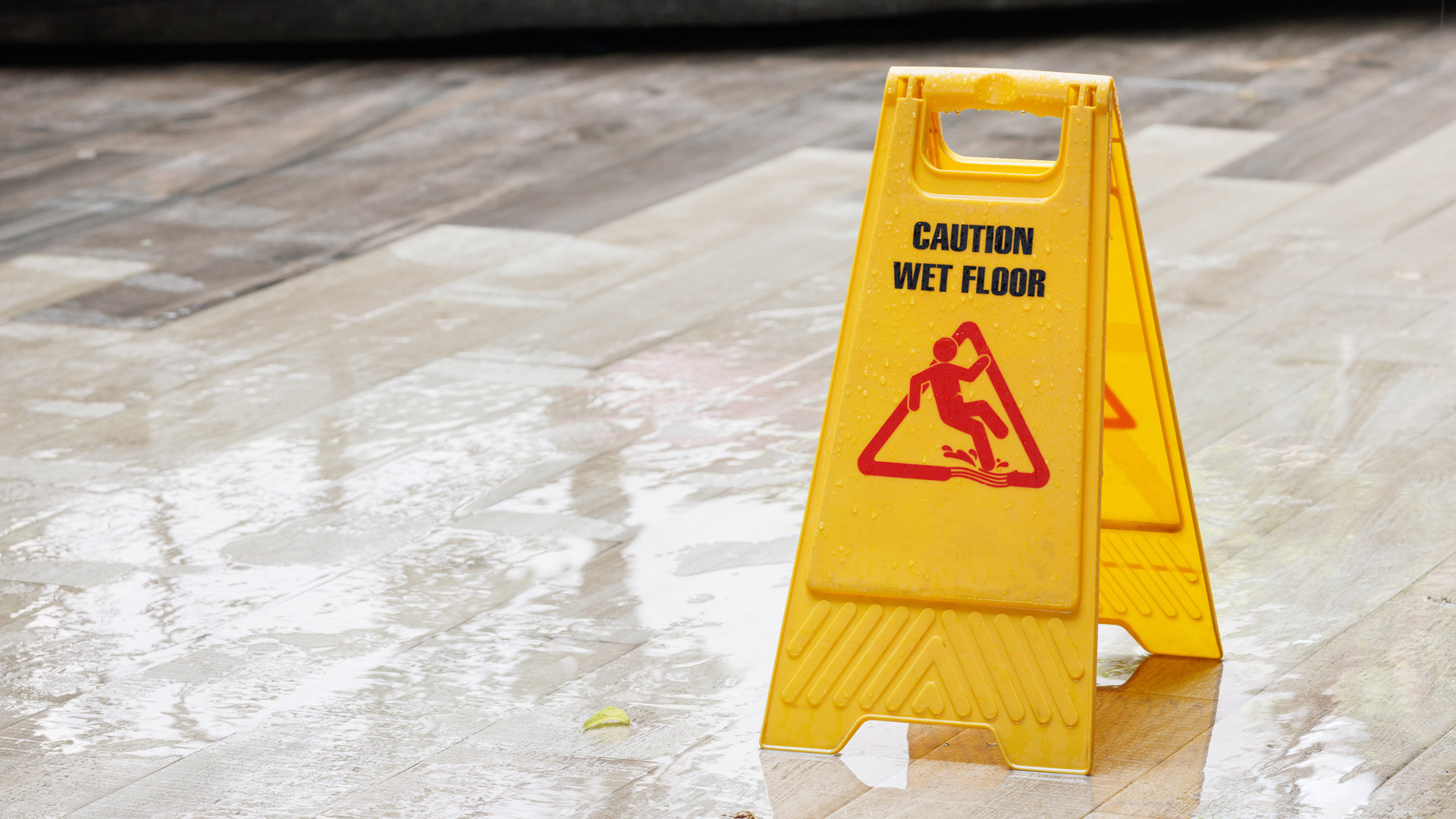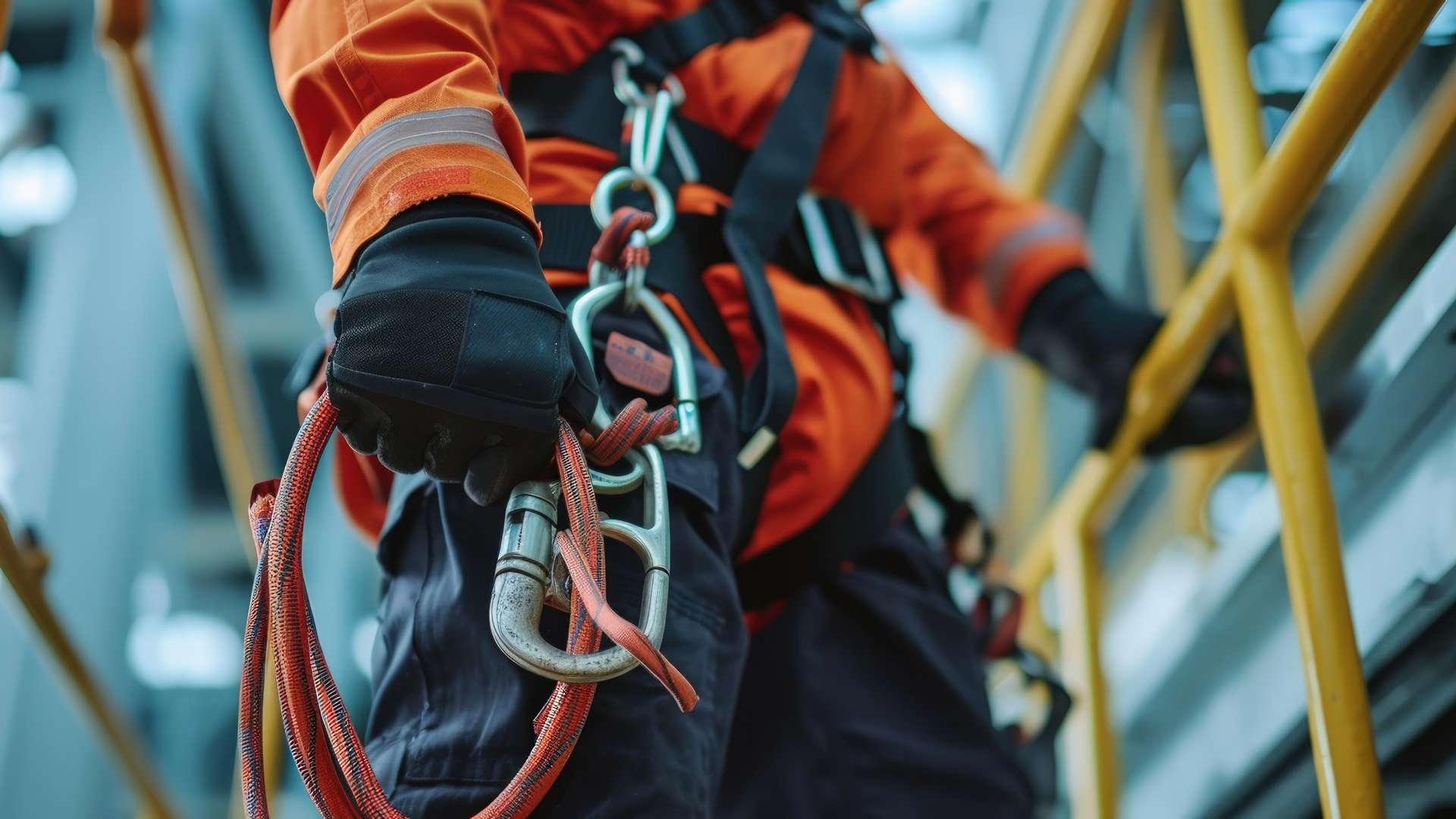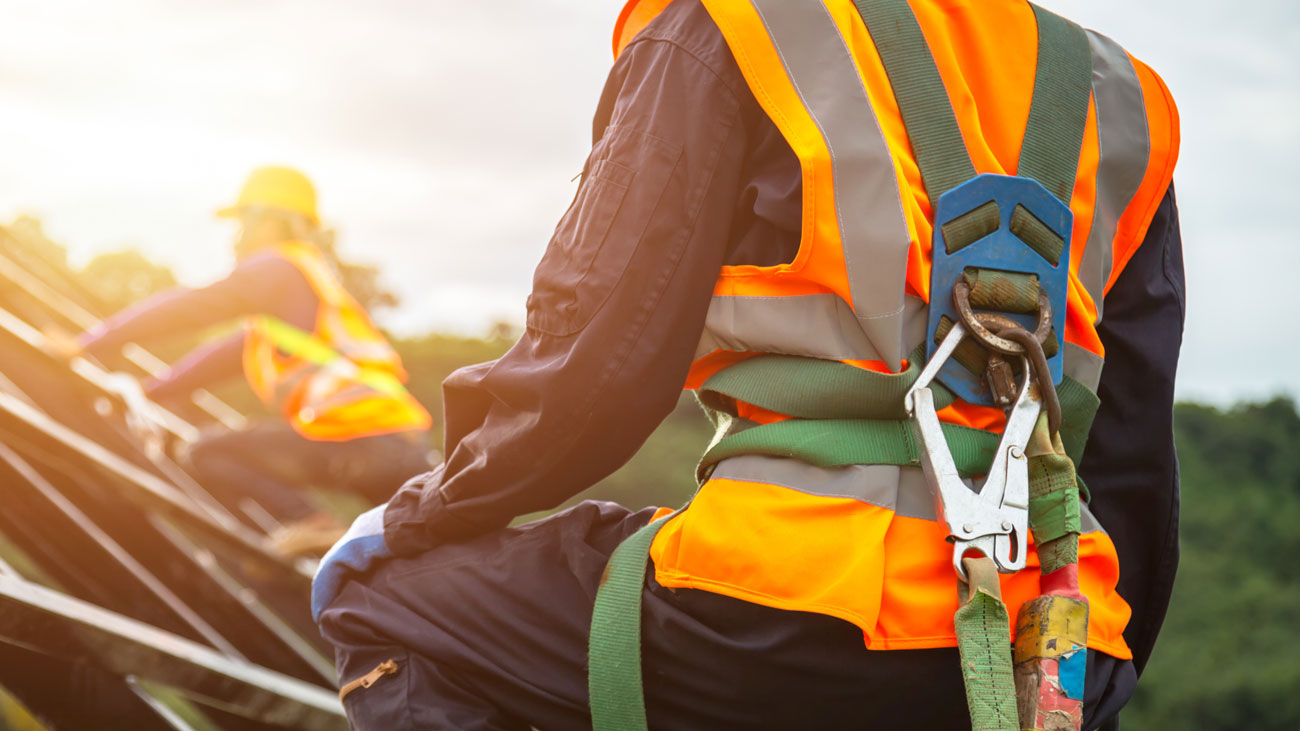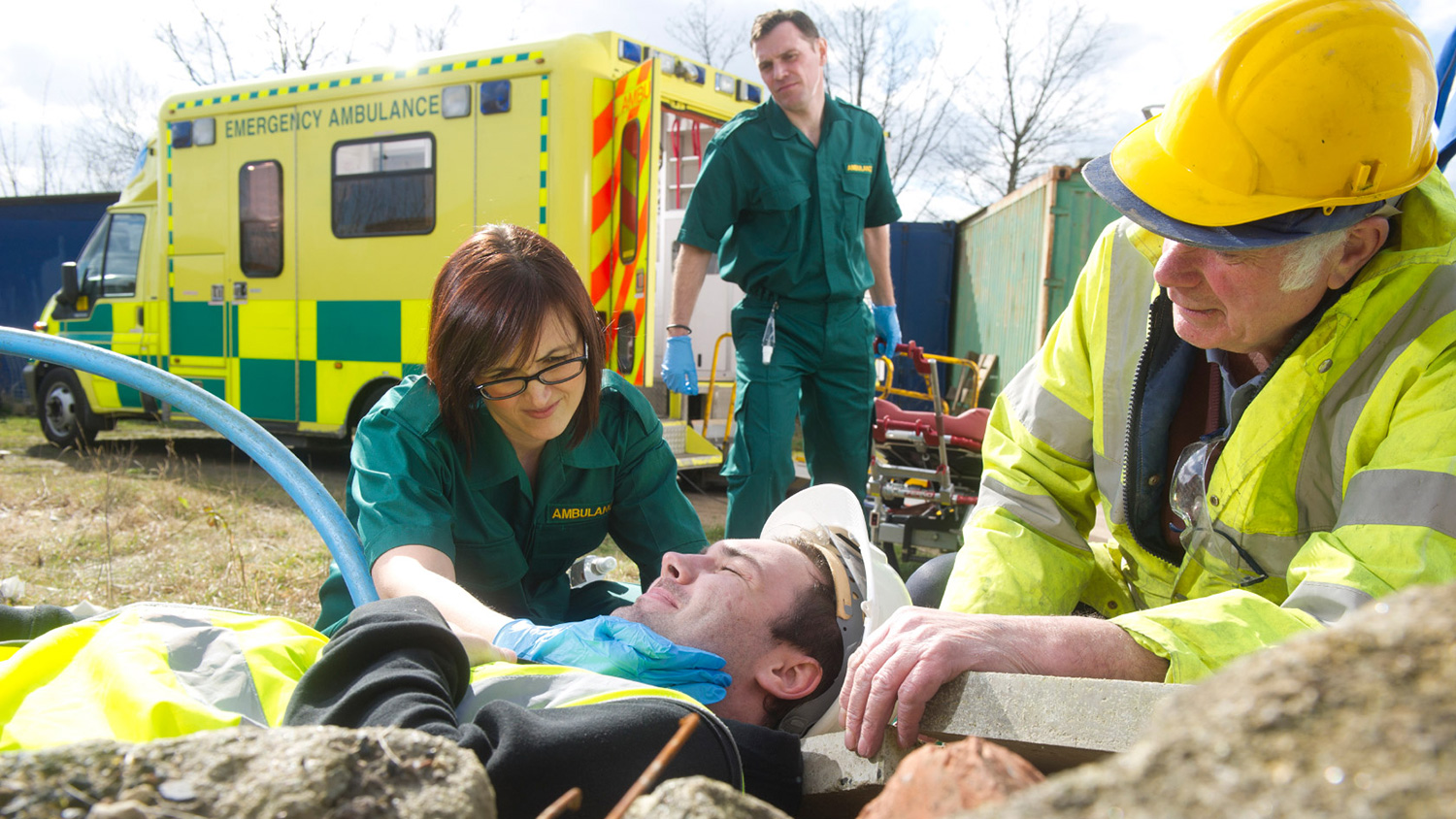Ministers must class COVID-19 as an occupational disease to strengthen protections for workers, the TUC has said. A new report from the union body notes many other countries already officially recognise COVID-19 as an occupational illness, with important consequences for workplace safety and the support working people workers can access if they suffer long-term damage to their health.
It says the existing evidence shows that COVID-19 meets the qualifying rules for an ‘occupational illness’ and to qualify for industrial disease benefits.
TUC general secretary Frances O’Grady said:
“If you become sick due to your work, with life changing consequences, you should get proper support. But ministers have still not added COVID-19 to the list of occupational diseases. Two years into this pandemic, that is shocking negligence. And it leaves workers unfairly exposed. COVID-19 must be added as soon as possible.”
To date, states the report, 25 million cases of COVID-19 have been reported in Britain. There is growing data demonstrating exposure in the workplace is a significant source of COVID-19 infection. For many workers, carrying out their job puts them at greater risk of exposure to COVID-19, a virus that can cause ill health effects for more than a year, and has been fatal for more than 15,000 people of working age in Britain. There is evidence from large workplace outbreaks that working at close proximity to others increases the risk of infection. One in ten people with COVID-19 continue to experience symptoms beyond 12 weeks, posing a significant risk to their employment status and earning potential. Common symptoms of Long Covid include extreme tiredness, shortness of breath and memory problems. Experience of these symptoms can cause workers to require extended periods of sickness absence from work, or risk inability to perform job roles adequately or safely.
Research by the TUC has found that 20% of workers with Long Covid had seen a negative impact on their job security, including having to leave their job. The TUC has previously called for the recognition of Long Covid as a disability, in order to protect workers under existing equality legislation. This is separate to a call for prescription as an occupational disease, which would offer workers in particular jobs additional support and compensation. The recognition of COVID-19 as an occupational disease would formally recognise the higher risk in certain jobs, and signify a need for greater support for affected workers and patients.
The Industrial Injuries Advisory Council (IIAC) has concluded “that there is a clear association between several occupations and increased risk of death from COVID-19”. The Trades Union Congress believes the government must now act to classify Covid-19 as an occupational disease and support workers suffering Covid ill-health effects as a result of their job.
Early guidance from the Health and Safety Executive (HSE) required employers to report cases where there was reasonable evidence to suggest COVID-19 infection was caused by occupational exposure. 93,000 cases were reported to enforcing authorities in 2020/21, which employers believed may be caused by exposure at work. Risk of occupational exposure in particular sectors is higher, for example, 64% of all reports made by employers were from the health and social care sector. Since 1 April 2022, the only cases of COVID-19 reportable to HSE are due to either deliberately working with the virus (for example in a laboratory) or being incidentally exposed to the virus from working in environments where people are known to have COVID-19 (such as in health and social care). Cases due to general transmission (either worker-to-worker, or from contact with members of the public) are no longer reportable. A case of occupational exposure of COVID-19 being reported to the authority does not tend to mean anything materially for the worker. It allows regulators to see which sectors are experiencing high levels of infection and may require regulatory intervention.
The HSE accepts there is “widespread under-reporting”, and with sectors where use of disease reporting processes is not standard practise, it is likely thousands of cases of work-related COVID-19 disease have remained uncaptured. The TUC has previously raised concern about widespread underreporting of COVID-19 cases to HSE.
The TUC’s report claims that most European countries have already classified COVID-19 as an occupational disease, also citing the US, Canada and Australia as other examples.
You may also be interested in
RELATED CONTENT
RELATED COURSES

The Emergency first aid course offers learners the skills and knowledge to deal with emergency first aid situations at work.

The Slips, trips and falls course explains the measures that can be implemented to prevent slips, trips and falls in the workplace.

Introduction to health and safety gives learners a basic introduction to managing safety in their workplace.

The Working at height course helps learners understand the dangers associated with working at height and ways to control the risks

The Access Industry Forum (AIF), the forum that represents the principal work at height trade associations and federations, is calling for clearer rep...

New IOSH President Stuart Hughes is calling on the profession to challenge itself to develop new ways of tackling the “unacceptably high” number of wo...

You may not realise it but there’s no legal duty on an employer to carry out an investigation into an incident in the workplace. But, says law firm rr...

Employers are increasingly likely to go unpunished after workplace accidents it seems, as research by Prospect Union reveals the number of investigati...